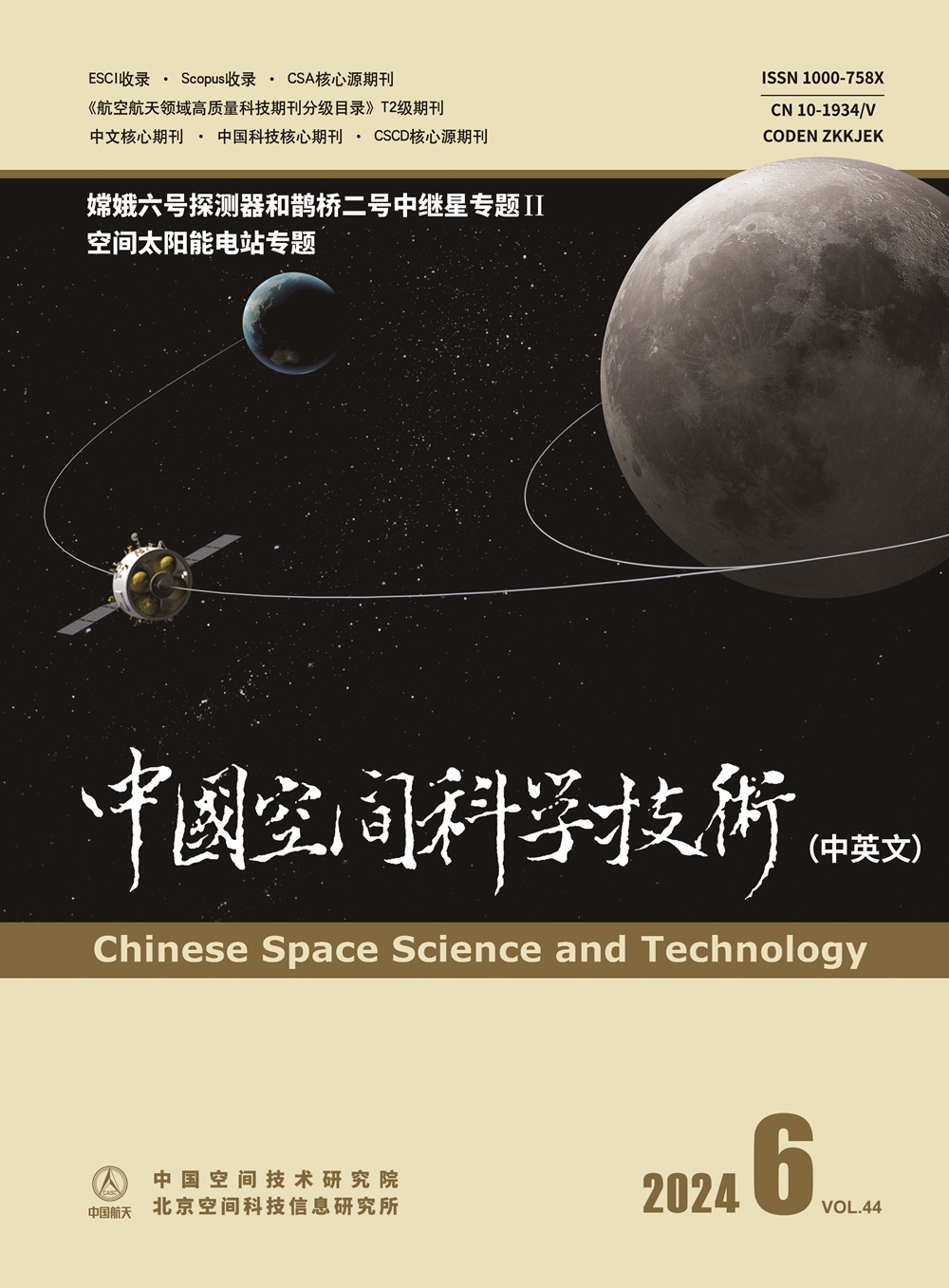Unsupervised Spectrum Anomaly Detection Method for Unauthorized Bands
IF 0.5
4区 工程技术
Q4 ENGINEERING, AEROSPACE
引用次数: 1
Abstract
With the rapid development of wireless communication, spectrum plays increasingly important role in both military and civilian fields. Spectrum anomaly detection aims at detecting emerging anomaly signals and spectrum usage behavior in the environment, which is indispensable to secure safety and improve spectrum efficiency. However, spectrum anomaly detection faces many difficulties, especially for unauthorized frequency bands. In unauthorized bands, the composition of spectrum is complex and the anomaly usage patterns are unknown in prior. In this paper, a Variational Autoencoder- (VAE-) based method is proposed for spectrum anomaly detection in unauthorized bands. First of all, we theoretically prove that the anomalies in unauthorized bands will introduce Background Noise Enhancement (BNE) effect and Anomaly Signal Disappearance (ASD) effects after VAE reconstruction. Then, we introduce a novel anomaly metric termed as percentile (PER) score, which focuses on capturing the distribution variation of reconstruction error caused by ASD and BNE. In order to verify the effectiveness of our method, we developed an ISM Anomaly Detection (IAD) dataset. The proposed PER score achieves superior performance against different type of anomalies. For QPSK type anomaly, our method increases the recall rate from 80% to 93% while keeping a false alarm rate of 5%. The proposed method is beneficial to broadband spectrum sensing and massive spectrum data processing. The code will be released at :QXSLAB/vae_ism_ano.git.非授权频段的无监督频谱异常检测方法
随着无线通信的飞速发展,频谱在军事和民用领域发挥着越来越重要的作用。频谱异常检测的目的是检测环境中出现的异常信号和频谱使用行为,是保障频谱安全和提高频谱效率不可或缺的手段。然而,频谱异常检测面临许多困难,特别是对未经授权的频段。在非授权频段,频谱组成复杂,异常使用模式未知。本文提出了一种基于变分自编码器(VAE)的非授权频段频谱异常检测方法。首先,从理论上证明了未授权波段的异常在VAE重构后会引入背景噪声增强(BNE)效应和异常信号消失(ASD)效应。然后,我们引入了一种新的异常度量,称为百分位数(PER)分数,该分数侧重于捕获ASD和BNE引起的重建误差的分布变化。为了验证该方法的有效性,我们开发了一个ISM异常检测(IAD)数据集。所提出的PER分数在不同类型的异常情况下取得了优异的性能。对于QPSK类型异常,我们的方法将召回率从80%提高到93%,同时保持5%的误报率。该方法有利于宽带频谱感知和海量频谱数据处理。代码将在:QXSLAB/vae_ism_ano.git上发布。
本文章由计算机程序翻译,如有差异,请以英文原文为准。
求助全文
约1分钟内获得全文
求助全文
来源期刊

中国空间科学技术
ENGINEERING, AEROSPACE-
CiteScore
1.80
自引率
66.70%
发文量
3141
期刊介绍:
"China Space Science and Technology" is sponsored by the China Academy of Space Technology. It is an academic and technical journal that comprehensively and systematically reflects China's spacecraft engineering technology. The purpose of this journal is to "exchange scientific research results, explore cutting-edge technologies, activate academic research, promote talent growth, and serve the space industry", and strive to make "China Space Science and Technology" a first-class academic and technical journal in China.
This journal follows the principle of "let a hundred flowers bloom and a hundred schools of thought contend", promotes academic democracy, and actively carries out academic discussions, making this journal an important platform for Chinese space science and technology personnel to publish research results, conduct academic exchanges, and explore cutting-edge technologies; it has become an important window for promoting and displaying China's academic achievements in space technology.
 求助内容:
求助内容: 应助结果提醒方式:
应助结果提醒方式:


